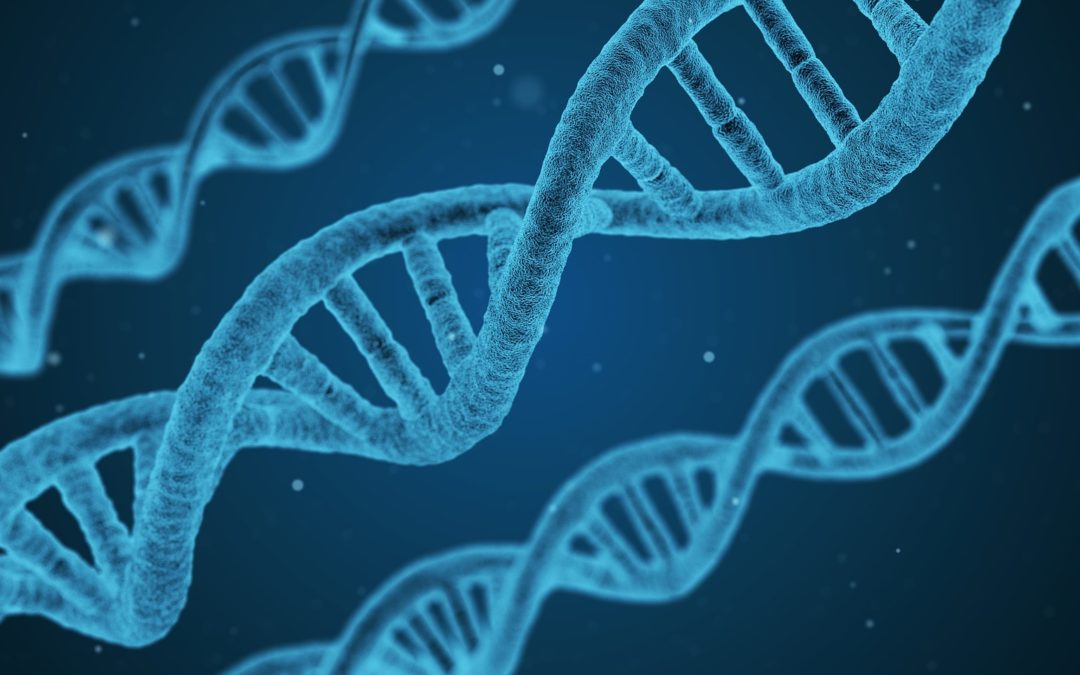Most people spend a large portion of their income on food. That’s normal.
But thanks to Amazon.com, my spending habits are nowhere near normal. With Amazon’s handy-dandy “Buy it Now” feature, I’m scooping up mushroom powder, sardines, and bottles of activated B12 at a rate that my credit limit can barely sustain. Credit card payment day is not a fun day in my house.
And yet, I don’t regret blowing all my disposable income on food, vitamins, minerals, water, air purifiers, essential oils, and salt lamps. Almost every material good I buy is for my health.
That’s because health is my #1 priority. This means I’ll skip a late-night gathering if I can’t sleep in the next day. It also means I frequently empty my wallet into the hands of my local farmer. Grass fed beef ain’t cheap man.
What is health?
Health is #1 for me, but what do I mean by health? Health can be defined in many ways, and everyone has their own definition.
Let’s keep it simple. We don’t need a fancy definition that includes cellular respiration, telomere length, or progression of chronic disease. For our purposes, all we need to admit is that our health, however we define it, is either improving or declining.
My point is: health is not static. If it’s not getting better, it’s getting worse.
What about aging?
By now you’re probably wondering where aging factors in. Doesn’t health steadily decline with the passage of time?
Kinda, yeah. Until humankind ends aging. Which is another reason to hang around for a few more decades.
But even now some guy could be 300 pounds, lose a bunch of weight over the next 10 years, and be healthier at age 50 than he was at age 40. Clearly health can improve over time.
So let’s leave aging out of this. My claim is simply that improving your health should be way way up on your list of priorities. If not at the very top.
If you’re thinking wow, that sounds selfish – that’s because it does sound selfish. Keeping your body healthy is obviously self-serving. But it’s self-serving in an altruistic way.
Understand: it’s hard to help others if you don’t help yourself first. If you aren’t eating right, sleeping well, and doing your best to manage sickness – you are, simply put: less useful to others. It also means you won’t be your happiest self most of the time. Like it or not, that rubs off on your family, friends, and colleagues. A good mood is a powerful social signal.
Social signaling
Your general health also sends a social signal. Healthy vibes attract a mate, inspire confidence, and make a good first impression. In fact, those vibes are super helpful for anything that involves social persuasion. Why? Because human behavior boils down to biology. And what governs our biology? Genes.
Genes, you’ve probably heard, care only about survival and reproduction. And here’s the crucial piece: the best survivors and reproducers, according to gene-speak, are the people that seem the healthiest.
Healthy vibes speak directly to our genes. Then our genes speak to us. And when our genes say they like someone, we like that person too.
Most of this happens unconsciously. You don’t know why you like her, but boy do you like her. Even your pheromones tell a story. What story do you want your pheromones to tell? That’s up to you.
Sensation…
But even though it’s (sort of) a superpower, social signaling is still not my favorite reason to make health #1. My favorite reason is sensation.
Yes. All we experience from birth to death are sensations. And the healthier we are – the better, the sharper, the clearer – those sensations feel.
For instance, proper sleep is essential for the health, or “tone”, of our vagus nerve. Look at a picture of the vagus nerve. It connects to a lot of important stuff in your body. You better hope your vagus nerve is healthy if you want to feel good.
So here’s to your vagus nerve. And to me spending $20 on a sack of turmeric. Cheers.
Originally published at www.primalsapien.com


